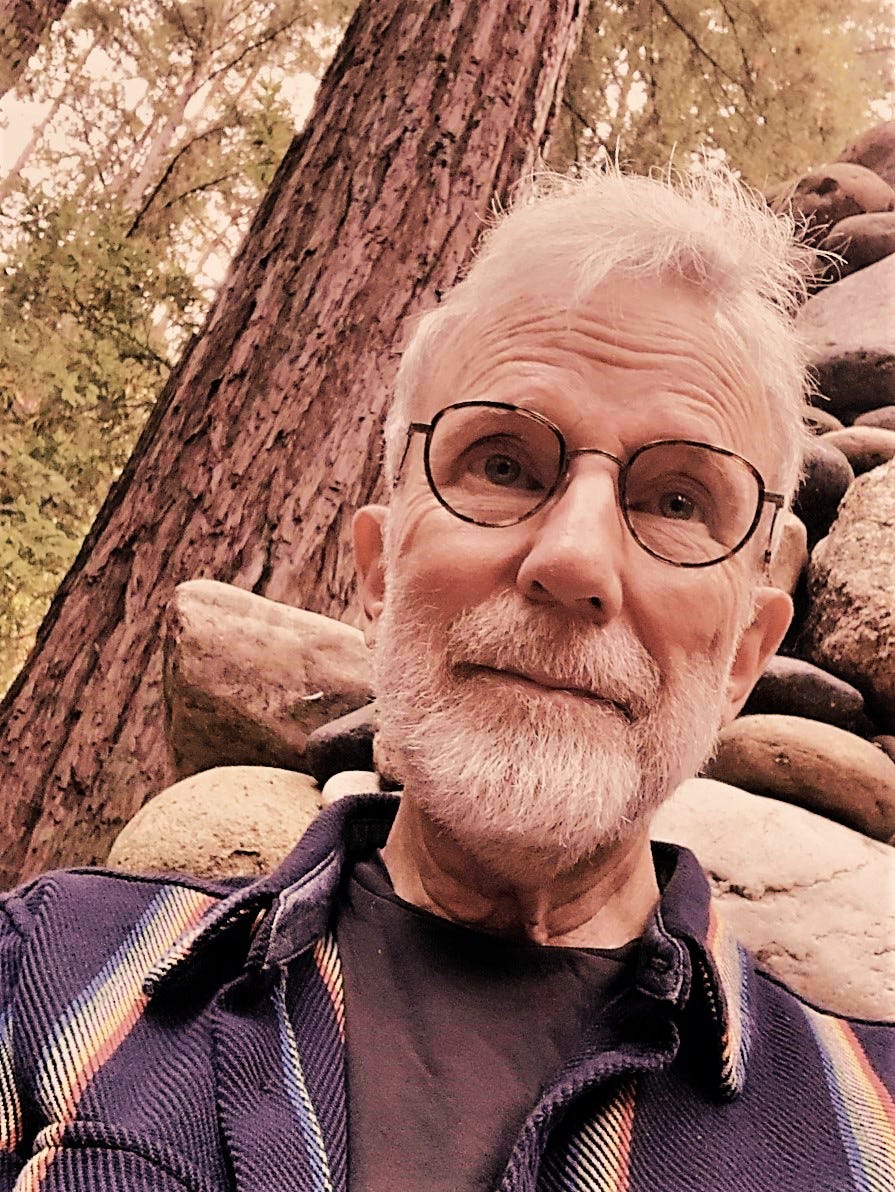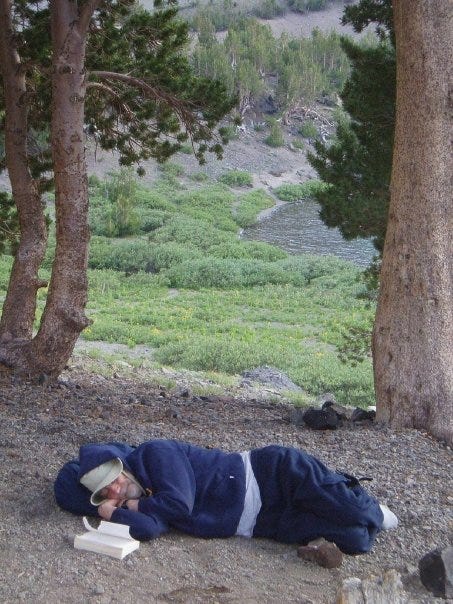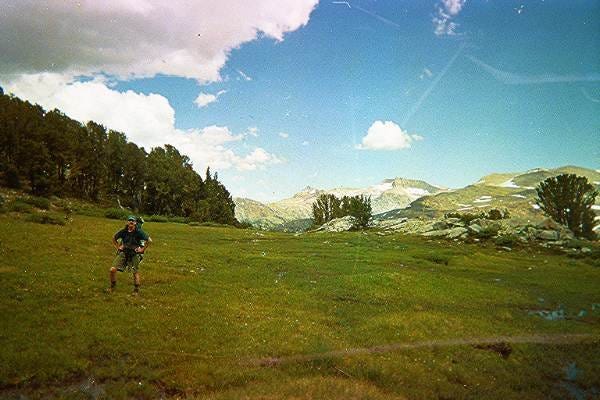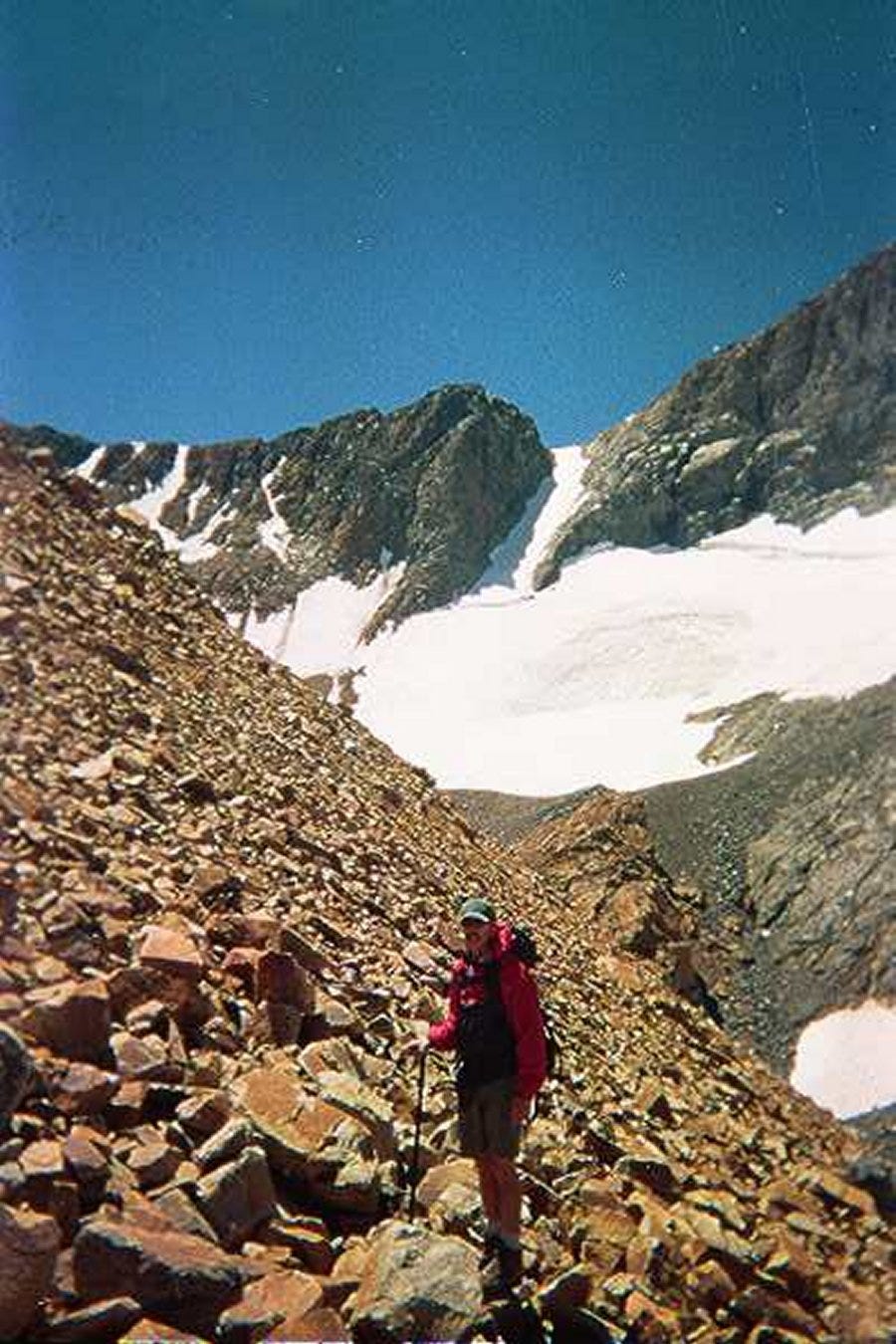Jen Knox (JK): Question #1: Hi, HR. Well, I can’t help but start here. How did you become a writer?
HR Harper (HH): I wrote my first poem in 1963, 12 years old, about the nuclear bomb. (“Oh pretty, pretty cloud, all billowed and curled; will your mushroom shape be the end of the world?”) I think I’ve always found solace in poetry that deals with mortality, life/death – and would argue that in such poems the beauty of life, of Being, is intensified. Writing poetry for me has always been a “laboratory” to explore and experience consciousness which absolutely includes the intense awareness of impermanence: life is so beautiful in part because we know it ends. And the trick has been to use language to deliver an experience that is absolutely not linguistic.
As a teenager I read and was drawn to the classic modernists (Eliot, Stevens, Bishop) but also the more morbid confessional poets (Plath, Sexton) and Beats (Ginsberg, Dylan, Snyder). That’s what I took to UCLA where I was both a lit major and a creative writing major. I studied with the poets Jascha Kessler, Calvin Bedient, and Stephen Yenser – all of whom influenced me, but I also felt I didn’t fit into the “workshop” world that seemed to create followers of contemporary poets of the time (e.g. Ashbery, Lowell, Merrill)… the poems I wrote then were more clunky, narcissistic, and grandiose. I wanted to be a surrealist, and many of the poets I read to write were in translation (Rilke, Neruda, Szymborska, Breton) and so my poems were in a horrid English that also sounded like bad translations. I didn’t “fit” in the academy either – although I continued in the doctoral program at UCLA, life and its oddities pulled me out. I got a few other graduate degrees and worked as an adult educator in immigrant communities for over 40 years.
Through it all I continued to write – work, wild urban poor choices, relationships, politics, music, recovery – I wrote “what I knew” but in fragments, nothing ever finished enough to try to publish. Then in the last few years I wrote differently - spiritual progress (not perfection), creaky maturity, COVID isolation, dogs and a good spouse, wandering in mountains and forests, Christian/Taoist/Buddhist study and meditation, and disciplined reading (all of Rilke, all of Whitman, all of Dove, all of Oliver, all of Gluck) motivated me to finish poems, not just toss them off as fragments. The re-writing, leaving and returning to poems, was a different kind of satisfaction – it made me write differently, but also want to share them more widely. And my editing became more kenotic than additive. I tend to mansplain and go on a bit too much. I’ve had over 30 poems published in the last few years.
Question #2: What is the best piece of advice you've received as a creative person?
In my ears I hear “write what you know” as the kind of advice this question seems to be seeking. Just as an exercise I want to say “you don’t know what you know; write to see if you can find something new”… so Pound’s “make it new” seems a key element in the alchemy.
Question #3: Please share with us one (or a few) of your favorite lines of poetry or prose, and explain what strikes you about the passage.
I only found Louise Glück in the last decade. Her poems, though changing over time, seemed both so clear and conversational and as terse and pithy as haiku. These lines, from her last collection, represent the odd mix that I love and that inspires me: she’s using common words to get underneath our usual experience. And she is finding and sharing a comfort with/because of, not in spite of, our fragile impermanence and mortality.
Downward and downward and downward and downward
is where the wind is taking us;
I try to comfort you
But words are not the answer.
Poem, from Louise Glück’s Winter Recipes from the Collective
Question #4: How did you find your first publication?
My first publication was some national college anthology an ice age ago. I think a college teacher suggested I submit to it. Now I look at pubs and/or all the digital directories of publications, submit, then wait for rejections from Submittable: I find them a litmus test of my spiritual condition. A rejection will depress me and confirm my lack of worth, or create a space of gratitude for having lived long enough to submit work at all. One rejection at a time.
Question #5: What are you working on next?
In the last few years my meditation study and practice (Buddhism for the most part) has become central to my writing. I use the aging gay white male Boomer voice, because it’s the one I have in my throat, but what I want to say isn’t what that voice knows. It wants to escape the cultural or political, it wants to be more about the common human consciousness that is threatened by digital numbing and monetization, instrumentalization of international capital, generational assumptions and goals, and the struggles of an earth we are destroying – I do think the world and our species is in existential crisis. I want to write to resist the conceptual in favor of the experiential: and in this mode I see poems connecting to each other. I am working on collected poems that, together, are stronger than their individual expression. So far I haven’t been able to get a publisher to want to publish a collection – I accept it may never happen. But for now, it’s the work not the product.
About the Author: HR Harper, author of the three poems submitted here, a writer living in the redwoods above Santa Cruz CA, was a creative writing major at UCLA and studied in the English Ph.D. program there. He worked as an educator in central city schools for years. A student of meditation and apophatic traditions, he writes to understand human consciousness in a natural world humans seem to be destroying. Writing poetry and fiction over decades, he only began to publish in 2021. Some of his recently published work may be found at:
https://brusheswiththedarklaw.blogspot.com/







